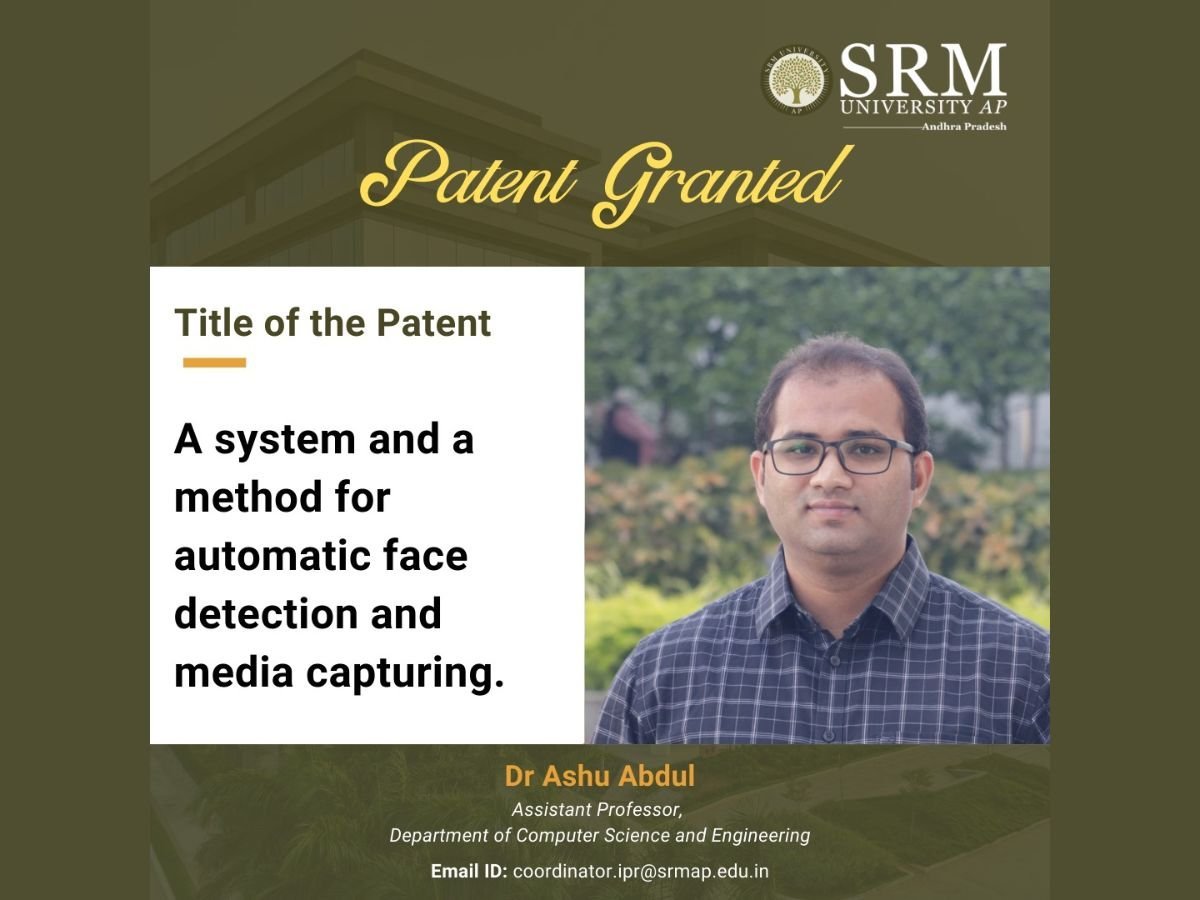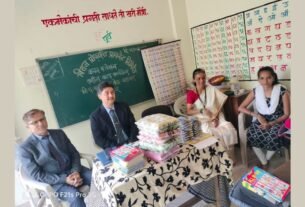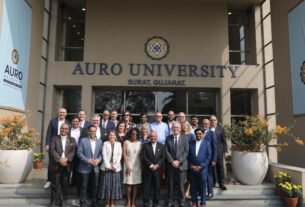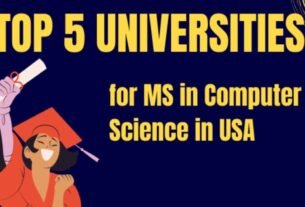New Delhi (India), July 10: Do you envision a world where missing children can be swiftly found in bustling public spaces, where security systems can instantly identify potential threats, and where personalised shopping experiences cater to each individual? Thanks to a groundbreaking invention from SRM University-AP, this vision is becoming a reality.
SRM University-AP proudly announces a significant achievement by Dr. Ashu Abdul, Assistant Professor in the Department of Computer Science and Engineering. His innovative invention, “A system and a method for automatic face detection and media capturing,” with Application Number: 202241032986, has been granted a patent by Indian Patent Office. This cutting-edge technology, built using OpenCV, sets new standards in automatic face capture, demonstrating capabilities that extend beyond human vision.
The Core Innovation
The heart of this invention lies in its ability to detect, track, and identify human faces from images captured by digital cameras in real-time without the need for supplementary software. This breakthrough promises transformative applications across various real-world scenarios, showcasing the remarkable potential of advanced face recognition technology.
Real-Life Applications
One compelling application of this technology is in enhancing security across multiple environments. In settings such as airports, public transportation systems, shopping malls, and busy streets, the ability to quickly and accurately identify individuals can significantly bolster security measures. Law enforcement agencies can use this technology to identify suspects or missing persons more efficiently, potentially averting threats before they escalate.
In the context of missing persons, particularly children, this system’s real-time capabilities can be life-saving. By scanning and analysing faces from CCTV footage or other digital sources, authorities can swiftly locate and identify missing individuals, reducing the time lost in manual searches and increasing the chances of a safe recovery.
Transitioning from security, the technology also offers significant advantages in crime prevention and investigation. By detecting and tracking faces in crowded areas, it can help identify potential threats or suspicious individuals, enabling proactive interventions. This capability is invaluable for maintaining public safety and deterring criminal activities in high-density environments.
Call for Technology Transfer
Dr. Abdul’s invention is a shining example of how SRM University-AP is at the forefront of technological innovation. By addressing crucial challenges in face recognition technology and offering practical solutions for enhancing security and efficiency, this invention stands as a testament to the university’s dedication to advancing technology for the betterment of society.
Companies across various sectors can greatly benefit from integrating this technology into their operations. For security firms, this face recognition system offers an unparalleled advantage in monitoring and responding to potential threats, thereby improving public safety and reducing crime rates. Retail businesses can use the system to enhance customer experiences, drive sales, and foster customer loyalty through personalised interactions.
As we continue to navigate a world where security and convenience are paramount, this invention offers promising solutions that could redefine our everyday experiences. Companies interested in leveraging this innovative technology are invited to explore potential partnerships and technology transfer opportunities with SRM University-AP. Together, we can usher in a new era of enhanced security and personalised services, benefiting society as a whole.
For more information, connect with coordinator.ipr@srmap.edu.in
If you have any objection to this press release content, kindly contact pr.error.rectification@gmail.com to notify us. We will respond and rectify the situation in the next 24 hours.




